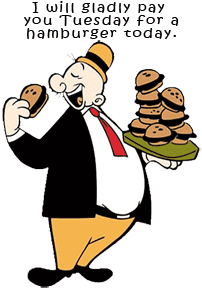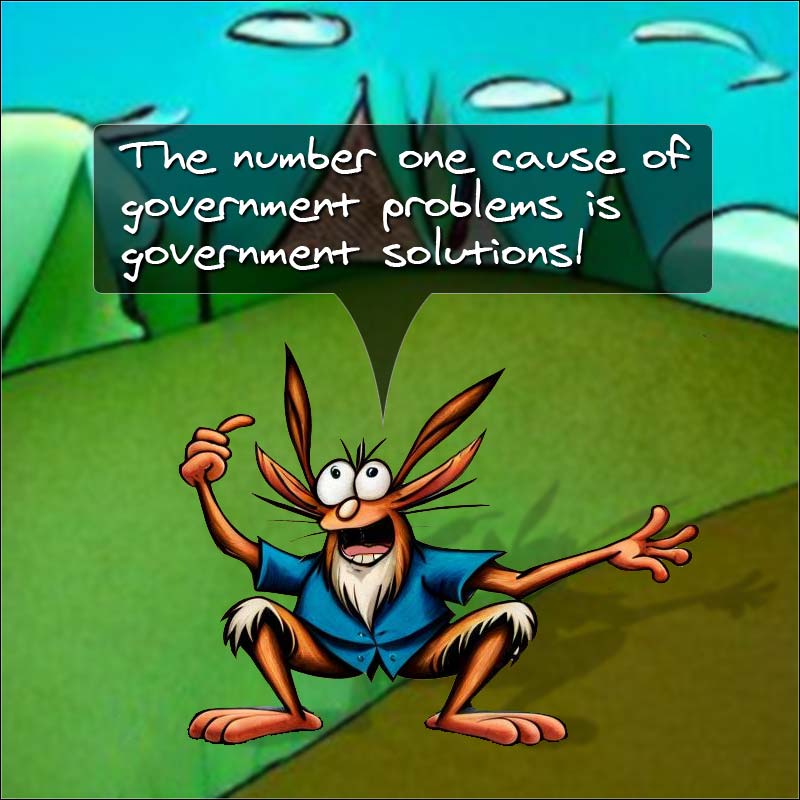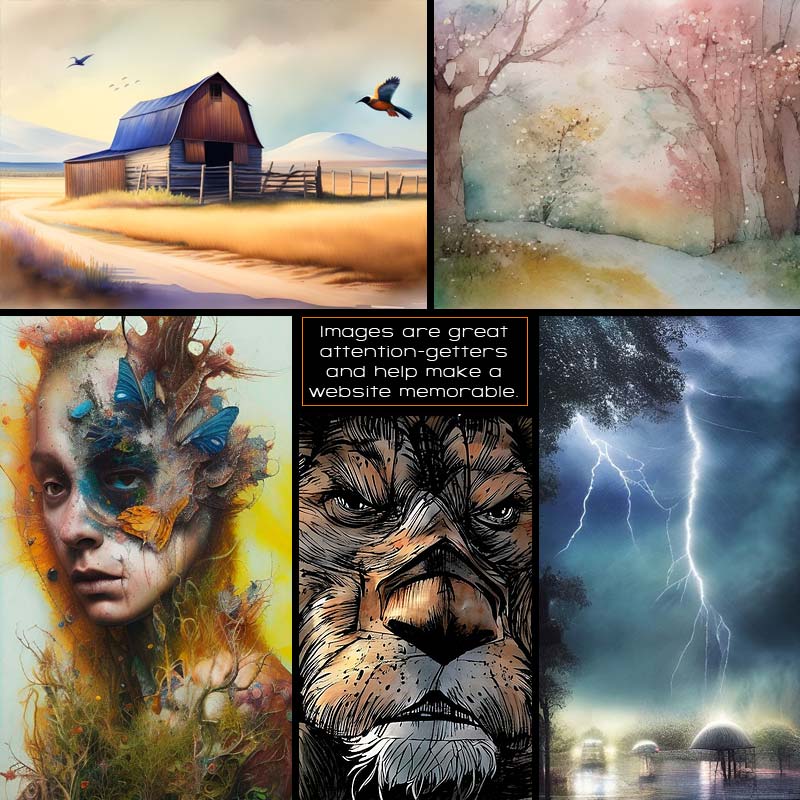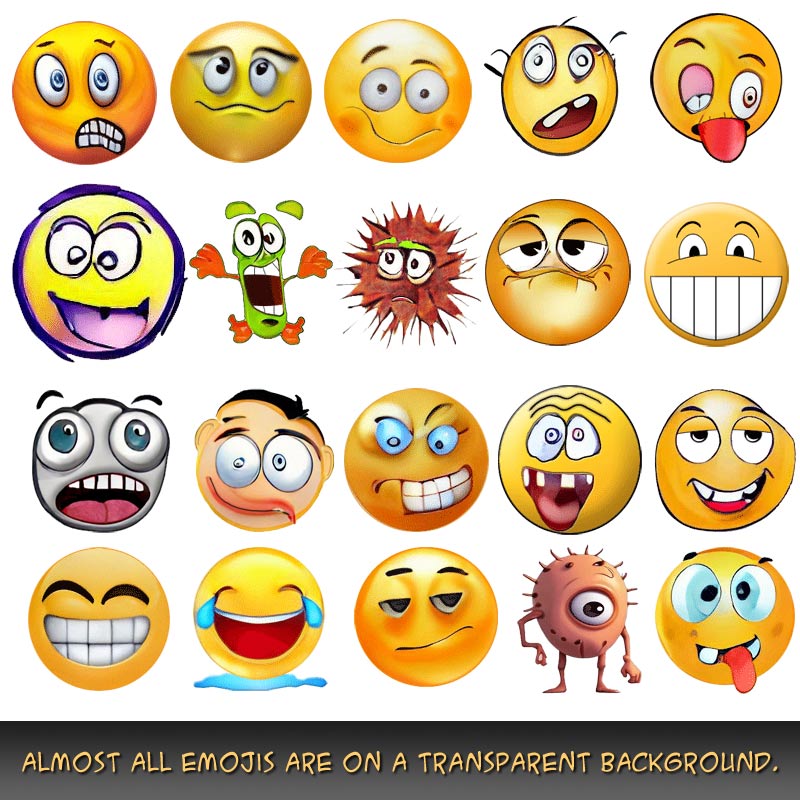Nothing is for sale here. Freewill tips keep the site running. Want to help? → Tip via Paypal
Mind Capture Trick
There is an extremely clever way to get people to read your sales copy, and I do mean ALL of your sales copy. Imagine locking people into your offer so effectively that they simply can't leave your page until they've read it all.This tactic is so compelling, mere mortals become totally hypnotized by this mind capture trick.
When this tactic is deployed skillfully we easily slip under its spell. Our surroundings fade out as we're drawn in deeper and deeper. It's almost like we completely lose control of our free will . . . and at that point we can't help ourselves, nor do we want to!
This tactic practically forces people to want to do business with you, but it's not new. It's been used for centuries to capture minds and win hearts.
It's been used by paupers and it's been used by kings. Men and women have both wielded this power to great effect, for good and for evil.
Do you know what this awesome, strange, mind-changing, world-rocking power is?
It's the power of a good story!
 If I wrote the intro to this trick as well as I hope, you were drawn into it like Wimpy to a free hamburger as you anticipated the reveal of this powerful tactic.
If I wrote the intro to this trick as well as I hope, you were drawn into it like Wimpy to a free hamburger as you anticipated the reveal of this powerful tactic.
A good story is like that. It draws the reader in and doesn't let go. While telling a good story may be more art than science, here are a few tips to help you become a hypnotic storyteller:
- Curiosity is a powerful hook. Just as you were likely curious about what this mysterious power I was writing about might be, you can create different curiosity points throughout a story. Try to create a sense of mystery, a sense that the reader doesn't quite know a key piece of information and lead them through your story with one or more hooks.
- Keep a brisk pace. Don't let your story get bogged down in details. A story that keeps moving crisply keeps the reader engaged.
- Each sentence is important. One sentence should lead into the next. Eliminate any unnecessary lines that slow the pace or aren't pulling in the direction of your conclusion.
- The way most of us talk is the way most of us write, but the way we talk doesn't seem as interesting in print. Voice inflections and visual cues are missing in print. Compensate for that by using more exciting language than you normally do and try to paint word pictures. This usually takes a little practice and a few rewrites. In short, it takes a little more thinking.
- Keep things simple. If the story is too complex you'll lose your audience.
- A strong opening is essential. It sets the level of expectation. In most cases it determines if the reader will continue reading.
- Keep in mind the “story" you're telling isn't like a story in a book, it's more of a blend of sales copy and storytelling principles. The idea is to write in an engaging and interesting manner rather than a dry, here-are-the-facts manner.
In our town we get storytellers that come through now and then, usually appearing at the library. If you get a chance, go watch a professional story teller. Enjoy the stories, but also try to see what you can learn from a great teller of tales.





